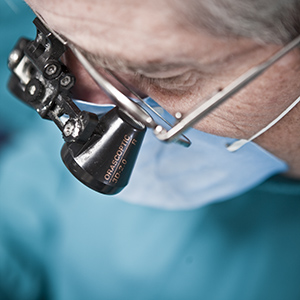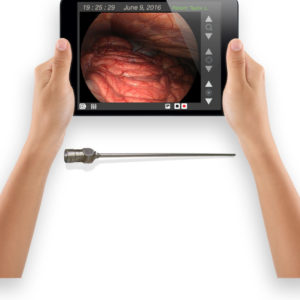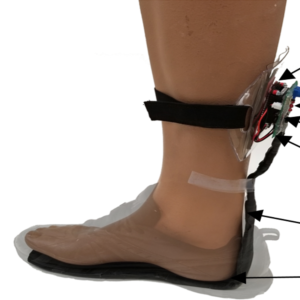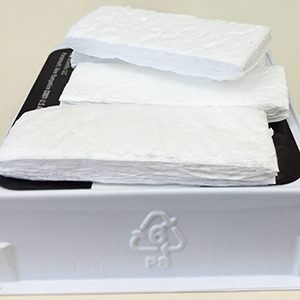Description
Synthetic bypass graft has enhanced properties for use in lower extremities
Researchers at the University of Nebraska Medical Center developed a highly flexible vascular bypass graft for the treatment of peripheral artery disease.
Peripheral artery disease is a common circulatory condition for the elderly, with more than 3 million new cases per year. As the body ages, the vessels carrying vital oxygen and nutrients throughout the bloodstream begin to weaken and narrow, reducing blood flow to the limbs.
To reinforce the vessels, and support improved blood flow, physicians can surgically implant grafts that protect the vessel integrity. However, traditional grafts tend to be rigid and risk severe bending and kinking during normal limb use. Grafts placed over major joints like knees and elbows have particularly high fail rates.
A team of researchers at UNMC, led by vascular surgeon Jason MacTaggart, M.D., developed a synthetic graft material that is more flexible and prevents severe bending and kinking during normal limb use. Their tests indicate that such a graft may improve blood flow patterns and reduce vascular torsion in patients with peripheral artery disease.
This new graft design may improve options for patients suffering from peripheral artery disease and offer a higher quality of life.
To discuss licensing opportunities please contact UNeMed at UNeMed@unmc.edu or 402-315-2468.






